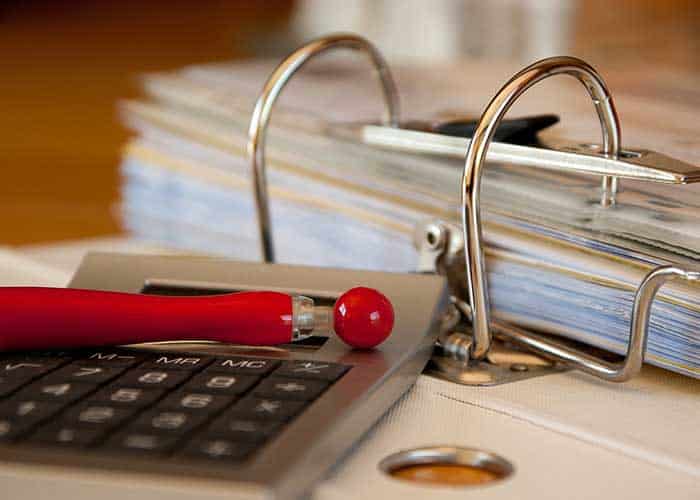After a certain period of time, it is no longer possible to take legal action to claim payment of a debt. This is called the limitation period. What is this deadline for each type of debt? Can we claim a debt after 10 years? Our experts will answer you.
Summary
Claim a debt after 10 years: in which cases is this possible?
The recovery period is 10 years for:
- The condominium fees ;
- The mortgage maturities ;
- The payment of invoices from traders and businesses.
After this period, the creditor loses all power of action.
Moreover, if a debt results from a judgment pronounced, the creditor has 10 years to run it. By way of a bailiff, he can seize the debtor’s salary, part of his property or even a mortgage on his residence.
Note that for debts between individuals, the limitation period is 30 years when no time limit has been provided for by law.
What debts should we claim before 10 years?
As a general rule, the limitation period is 5 years for commercial debts and of 2 years for civil debts. However, there are many exceptions for both cases. They can be grouped into two main categories:
Debts to be collected between 6 months and two years
Hoteliers and restaurateurs have 6 months to claim a note linked to the performance of a service. This delay is 12 months for bailiff, telephone and Internet bills.
Doctors and lawyers have a period of 2 years to demand payment of their services. This same period is applicable for the recovery of water bills, insurance premiums and monthly purchase payments on credit.
Debts to be collected between three and five years
Donors have a 3-year period to claim unpaid rent. Even when the property is no longer occupied by the debtor tenant, the rent can still be claimed. The same deadline applies to a tenant who has paid too much provision for charges and who wishes to be reimbursed.
Ditto for the employee who demands payment of his salary. It has a three-year period to apply to the industrial tribunal (CPH) to claim payment of the amount due. This period is reduced to 6 months for a balance of any account.
How to claim a debt?
If one of your debtors has not paid their debt within the allotted time, there are two main ways you can claim it:
Amicable recovery
It is a procedure by which a creditor obtains payment of what is due without having recourse to legal proceedings. This avoids lengthy legal formalities and preserves commercial or friendly relations.
To carry out an amicable recovery, it is recommended to follow a simple two-step procedure:
- Make a reminder by phone or by mail: Call your debtor to remind him of the debt or send him a reminder letter by registered mail with acknowledgment of receipt;
- Send a letter of formal notice: If you do not obtain a favorable response after these first attempts, send a letter of formal notice. This letter must once again remind your debtor of his obligations.
If the amicable recovery process does not result in a refund, a forced recovery is required.
Read also: Amicable debt collection: which procedure should be followed?
Forced recovery
If the amicable recovery does not succeed, the creditor can take legal action to demand payment of the debt. In his request, he has the choice between three procedures:
- An enforceable title ;
- The interim provision ;
- Summons in payment to the merits.
Note that for receivables of less than € 5,000, the creditor is not required to have recourse to a judge to obtain an enforceable title. He can seize a bailiff and offer the debtor a simplified debt collection procedure. He is free to accept or refuse it. In the latter case, recourse to justice then becomes inevitable. This appeal must be made as soon as possible so as not to exceed the limitation period.
Legal action and limitation period
Whatever the amount of the debt, from that a legal action is brought, the limitation period is automatically suspended. The debtor then loses the possibility of invoking the limitation period, whatever the duration of the procedure. Before taking legal action, it is therefore recommended that you explore other avenues of redress.
Civil debt or commercial debt?
In addition to the previous rules, remember that a creditor retains the right to claim a debt after 10 years, if it is a commercial debt. Indeed, prescription is not automatic in commercial matters. If the debtor does not invoke the limitation period in court, the obligee may therefore be successful. On the other hand, if it is a civil debt, the prescription is automatic. Once the deadline has passed, the creditor loses all power to take legal action.
Read also: Limitation periods for claims for companies: Everything you need to know





